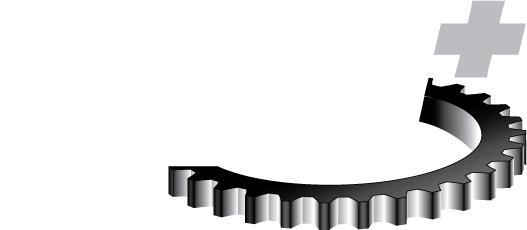
Internal Combustion Systems
As a mobility professional, having a fundamental understanding of internal combustion engines is required, not optional. This course provides a basic coverage of four engine innovations designed to improve performance, efficiency, or emissions: DI, DoD, VCT/VVT, and VCR. In addition, the course provides a survey of the typical sensors used in these technological approaches including the data they collect and how that information is used to improve fuel economy and reduce emissions.
Learning Objectives
By completing this course, you will be able to identify, recognize or articulate:
- Sensors, the sensory information they collect and describe the use of that information as it addresses improved fuel economy and reduced combustion emissions
- Significance, technology, and application of:
- Direct Injection (DI) of both gasoline and diesel fuels
- Displacement on Demand (DoD) Systems
- Variable Cam Timing (VCT) and Variable Valve Timing (VVT)
- Variable Compression Ratio (VCR) engine designs
- Fundamental physics of the various technologies listed above
- Operational parameters and inter-relationships of each sub-systems
- Basic design synthesis and analysis techniques for each of the operational improvement technologies
Who Should Attend
The intended audience for this course is powertrain engineers, component suppliers, vehicle platform powertrain development specialists, engineers involved in emission management and operational efficiency and those involved in the application, design and discussion of engines.
Prerequisites
Learners should have an undergraduate engineering degree and ideally a fundamental understanding of internal combustion engines.
Topics
- Operation of ECM and sensor systems
- Direct Injection (DI) of both gasoline and diesel fuels
- Displacement on Demand (DoD) systems
- Variable Cam and Valve Timing (VCT, VVT)
- Variable Compression Ratio (VCR) Engine Designs
